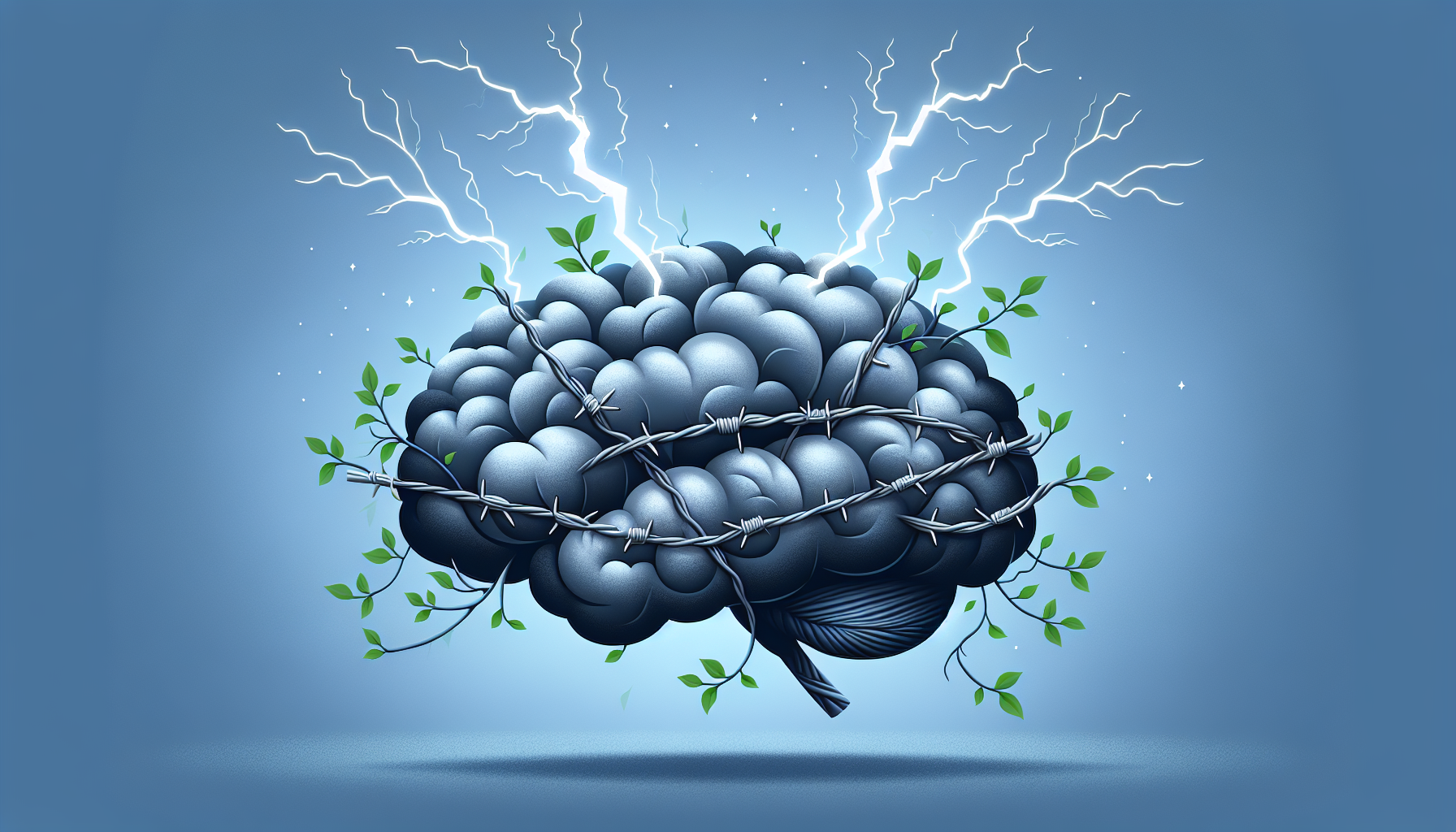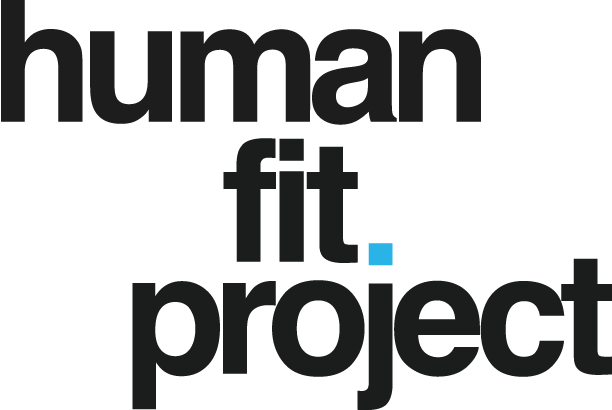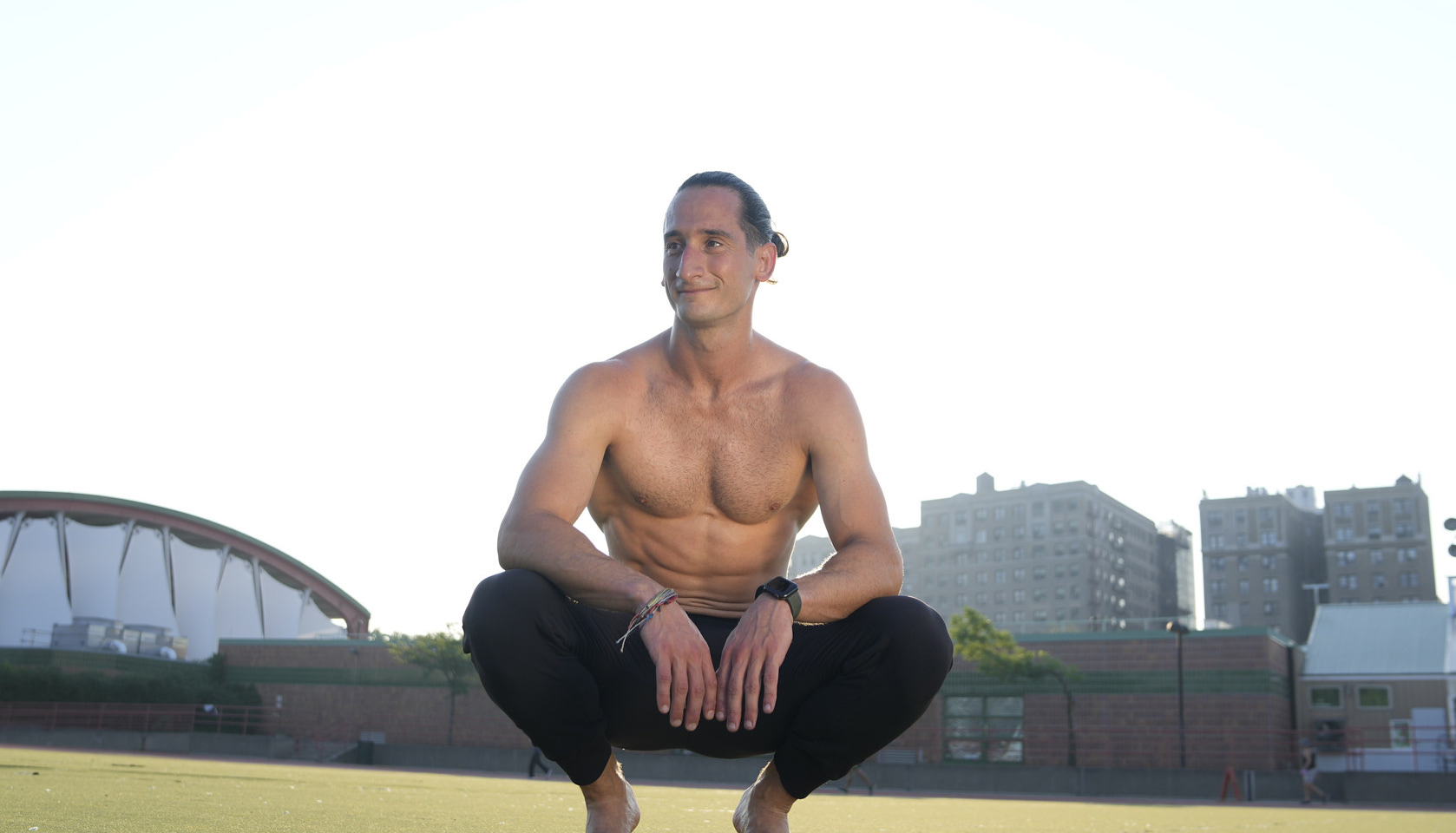Are you feeling overwhelmed by the weight of anxiety and stress? You’re not alone. These powerful emotions can disrupt your days and leave you frantically searching for relief. Here, we dive straight into practical strategies and insights that can help you manage anxiety and stress. From understanding their triggers to exploring treatment options, learn how to regain control of your well-being.
This piece is for educational purposes only and is not intended to diagnose, treat, or manage any illness. If you’re in need of help, contact your doctor immediately.
Key Takeaways
- Anxiety disorders are persistent and can significantly interfere with daily activities, manifesting through a variety of physical and psychological symptoms, including dizziness, palpitations, and intense worry, gastrointestinal distress, and more.
- Stress is a physiological response to challenges and can become chronic, leading to serious health issues like heart disease. Recognizing the signs and triggers of both stress and anxiety is critical for effective management and preventing physical symptoms and mental health conditions.
- Treatment options for stress and anxiety include medical care and therapy, with cognitive-behavioral therapy (CBT) being highly effective. Implementing self-help strategies, making lifestyle adjustments, and building social support are essential for managing and preventing excessive anxiety.
Understanding Anxiety Disorders and Their Impact

Anxiety can encompass a state of intense fear and apprehension beyond just the occasional worry. Living with anxiety disorders, which are categorized as mental health conditions, may mean constantly feeling restless, even when there is no cause or reason to feel so, leading it become difficult for those affected by them in everyday life routines. This type of psychological disturbance commonly begins during adolescence but has been known to last into adulthood too. While specific causes remain unknown, stress-inducing events (such as trauma) combined with hereditary aspects could be possible risk factors that contribute towards developing an anxiety disorder such as panic attacks, generalized problems and social anxieties etc. Fortunately, various treatments exist designed specifically to manage these nerve wracking feelings by lessening amounts of hormones created under stressful circumstances within the body.
Recognizing Anxiety Symptoms
Recognizing the signs and symptoms of anxiety is a first step towards its successful management. Anxiety can affect not only psychological wellbeing, but also physical health with results such as dizziness, exhaustion, pounding heart rate or irregular heartbeat patterns, muscle tension and aches, trembling or shaking, migraines, etc.
The psychological side effects may be experienced by feelings of apprehension/unease along with fear that something threatening could occur soon plus an increased pulse rate – all linked to the body’s reaction to stress. An inability for concentration coupled up with worries about negative outcomes arising from certain events ahead are common, as are irrational fears. This state can heavily diminish quality level life.
When Anxiety Becomes a Disorder
Stress can trigger anxiety, but when does it become a disorder? Anxiety develops into an illness once the distress is no longer manageable and begins to impair normal life. Think of being so overwhelmed that you struggle doing everyday tasks like going out with friends or working, this signifies the transformation of regular stress into an anxiety problem. Other signs include strong emotionality, physical reactions, and having difficulty functioning normally due to intensity in worries. If such symptoms are persistent, then professional help should be sought for potential development of mental health difficulties related to anxiety. Fortunately, there are useful treatment options available which may bring relief from severe tension or even full-blown anxiety disorders.
Deciphering Stress: The Body’s Reaction to Pressure

Stress is an often-used term to express the feeling of having too much going on, but it’s actually a physical reaction in response to challenges. This could be anything from tough and demanding job, responsibilities and taking tests, all the way down to even driving around town quickly. Although sometimes stress can benefit us by pushing our productivity levels, over time this accumulated strain may result in mental health issues such as exhaustion or sleep disorder. Ignore for long enough and depression along with more serious medical conditions like heart disease can develop. If you have recently been experiencing headaches or disturbances while sleeping paired with constant fatigue, these are probably signs that your body has had enough pressure put upon it through excessive and prolonged forms of stress so try for better results by reducing them.
Identifying Chronic Stress Signs
The term chronic stress is used to describe a state of ongoing, long-term tension. This type of pressure causes symptoms such as fatigue, headaches and difficulty sleeping – much like being stuck in an eternal traffic jam when you’re running late for something important. Being exposed to this kind of strain can have grave consequences on our health which include disturbances with the immune system, disruption within our digestive processes or effects hindering growth and reproduction functions, even leading to brain atrophy over time. That’s why recognizing signs indicating high levels of stress is vital so that it may be addressed before causing damage down the line.
Stress Triggers vs. Anxiety Triggers
Managing stress and anxiety successfully requires recognizing what triggers them. Stress is usually caused by outside pressures, like the death of someone close to you, divorce, joblessness or having a tight timeline at work/in your life. Anxiety can be internal in origin with no external reason – for example feeling nervous or scared about an unseen health issue or something which might not even take place but still creates uneasiness leading to certain physical sensations such as chest pain, difficulty breathing heavily, dizziness, rapid heart rate, tremors, sweating, etc. Both types cause unpleasant symptoms so it’s important to understand their origins that help in better management.
The Interplay Between Stress and Anxiety

Stress and anxiety are closely connected, in that when one is present it can lead to the other. In its simplest form, stress would be an immediate response to a threat, while anxiety can develop from this due to prolonged periods of distress. For example, if someone has been anxious about giving a presentation at work, they may continue feeling uneasy even after delivering their speech. Something known as chronic stress which has potential implications on overall health including increased risk for developing mental disorders such as anxiety. Common symptoms experienced by those stressed or suffering with mild forms of worry include elevated heart rate, sweating and jitteriness, signs illustrating both conditions need a unified approach for treatment.
How Stress Can Trigger Anxiety
When it comes to anxiety disorders, understanding the relationship between stress and anxiety is vital. Stress activates both the hypothalamic-pituitary-adrenal (HPA) axis and sympathetic adrenal medullary (SAM) axis, which triggers a person’s flight or fight response leading to feelings of fear and worry – consequently causing high levels of tension known as ‘anxiety’. Acute episodes that cause extreme distress can induce symptoms such as deep apprehension, feeling powerless coupled with recurring memories from traumatic events while experiencing an emotional disconnection in one’s dreams. This association between the stress response and its resulting effect on mental health should be recognized for successful management against any form of associated anxieties.
The Flight Response in Both Stress and Anxiety
When it comes to stress and anxiety, the flight response is the body’s natural way of protecting itself from any potential danger. This causes a rush in adrenaline which activates the sympathetic nervous system leading to physical symptoms such as increased heart rate and breathing due to an excretion of stress hormones.
While these two states may evoke this same reaction, they are not identical. Worry over general threats might form anxieties associated with stressful events even when there isn’t real immediate risk – unlike conventional stresses reacting quickly like dodging oncoming cars – making clear how important it is for us to recognize between them correctly.
Navigating Treatment Options

For individuals who are dealing with stress and anxiety, there is hope that these conditions can be managed. Medical care can be utilized to address specific symptoms and any underlying physical issues or illnesses associated with them. As well, cognitive behavioral therapy (CBT) has proven very effective in treating mental health related problems by helping people alter their negative thinking patterns and behaviors. With such options available for managing the impact of stress and anxiety on daily life, it’s possible to lead a calmer existence once again.
Role of Therapy in Managing Stress and Anxiety
Stress and anxiety can be difficult to overcome, but therapy provides the roadmap to help those struggling find their way back. Cognitive-behavioral therapy (CBT) is particularly beneficial for managing these conditions by assessing situations that cause stress, working on altering unhelpful thoughts or patterns of behavior, and breaking out of negative thought cycles. With CBT’s array of tools at your disposal, you are better equipped than ever before to take control over your life again when dealing with these tough emotions. In essence, it gives us a compass so we don’t get lost in our troubles any longer. This allows individuals the guidance they need create calmness even during times filled with emotional turbulence.
Self-Help Strategies for Everyday Life

Stress and anxiety can be effectively managed in daily life by incorporating self-help strategies such as physical activity, relaxation exercises, time management, and engaging in hobbies. Through implementing these techniques into one’s lifestyle, it is possible to reduce stress levels significantly, preventing excessive anxiety. Physical exercise offers great benefits when tackling stress. Not only does it lower the hormones associated with tension, but also boosts overall mood whilst adding an extra element of routine into your day-to-day activities. Consequently, this enables a positive change towards managing stress and anxiety successfully within everyday living situations.
Incorporating Physical Activity and Adequate Sleep
To reduce stress and manage anxiety, physical activity has been proven to be highly effective. Moderate activities such as running, cycling, yoga or strength training can help lower cortisol levels while increasing endorphins production at the same time. This is like a natural remedy for tension reduction in your body and mind. Check out our 35+ free workout plans for different goals and ability levels and start managing stress and anxiety.
Similarly, having good quality sleep of about 7 to 8 hours on an everyday schedule could assist with controlling stressful emotions as well. Obtaining sufficient rest may enable our bodies to recover along with regulating hormones related to distress. It bolsters cognitive functioning as well as replenishing energy reserves, just think of this process as resetting yourself both physically and mentally every single day. To improve your sleep, try these 10 proven-techniques.
Practicing Mindfulness and Breathing Exercises
Mindfulness and breathing exercises are great self-help strategies for managing stress and reducing anxiety symptoms. Practicing mindfulness promotes focusing on the present moment without judgement, which in turn decreases both stress levels and anxiety. This technique lets us take a break from all of life’s chaos while still finding inner peace.
Breathing techniques have proven to be beneficial for controlling fears as they can remind our brains about relaxation, activating the parasympathetic nervous system thus lowering fear indicators even further. These simple practices could come in handy whenever you find yourself feeling overwhelmed by things out of your control or surrounded by stressful feelings. It is an effective way to let go of what’s causing these discomforts at any time or place possible. To start a mindfulness practice, check out our guide to breathwork.
Lifestyle Adjustments to Prevent Excessive Anxiety
Making positive lifestyle changes is an effective approach to limiting levels of stress and anxiety. This includes exercising regularly, having a nutritious diet and getting enough sleep. Choosing actions which promote your wellbeing can aid in managing both tension and worry better.
Relaxation techniques like time management activities or hobbies are key strategies for reducing strain while preventing unnecessary anxiety too – they’re not one-time solutions but long term adjustments which will help manage pressure plus unease over the course of time.
Building Resilience Through Social Support
Social support plays a pivotal role in creating resilience, and dealing with stress and anxiety. It forms an effective barrier to tackle negative occurrences by providing:
- the possibility of building stronger relationships;
- feelings of community involvement;
- appropriate means for facing difficult times without falling into despair or depression ;
And, lessening tension associated with mental health concerns. Having someone around as emotional back up while tackling adversity makes it easier to get through anything that comes your way. To construct this kind of reliable net, take part in activities like group workouts and/or group runs, engaging in worthwhile projects along others who share similar interests, and staying away from destructive interactions. These steps taken together form foundation blocks towards having powerful supporters during stressful phases improving psychological wellbeing significantly. For more mental health support, check out the journal on fearfulgiant.com.
Creating a Balanced Life to Manage Stress
Living a life of balance, with the right combination of eating well, exercising regularly and keeping an eye on personal needs, can have a big impact in terms of reducing stress. This means striking a balance between work and rest as well as times to be socially active versus solitary pursuits. It enables you to cope better with anxiety and gives them the tools they need to stay healthy mentally.
In order for this balanced lifestyle approach to work effectively, it is necessary not only look at what you should do, but also consider what one should avoid such as drinking too much alcohol or smoking cigarettes. Both contribute towards one another. Stressing out your mental health is best avoided if possible when trying to handle difficult feelings and emotions responsibly alongside guidance from professionals who specialize in such matters. Staying off screens excessively helps alleviate pressure, which allows us to enjoy our lives more fully, something that contributes hugely towards overall wellbeing. Start optimizing your life, take a look at what a perfect day for brain & body performance looks like.
A Long-Term Fight Against Stress and Anxiety
Stress and anxiety can be hard to manage without the proper knowledge, but with the right approach one can learn how to navigate their way through. Knowing about anxiety effects, being aware of symptoms that come from chronic stress, understanding why these two are interconnected and looking into possible treatments as well as lifestyle changes all play a role in helping make them more manageable parts of life rather than insurmountable issues. In essence, it’s not about completely eliminating stress or anxiety from our lives but learning how we can deal better when faced with them so we may lead balanced and fulfilling lives.
Frequently Asked Questions
How is stress related to anxiety?
Stress is an exertion made on the mind or body, while anxiety refers to a unique reaction in response to stress – marked by long-term uneasiness and fear. Even after the cause of worry has gone away, signs of generalized anxiety disorder can still remain present.
How to calm down anxiety?
For those dealing with anxiety, certain calming activities can help reduce stress and strengthen emotional strength. Diaphragmatic breathing, simple stretching exercises, positive self-talk or guided imagery are all useful techniques to create a more relaxed state. Music therapy and taking the time to immerse yourself in nature can also be beneficial for soothing your mind. As well as guided meditations which deepen relaxation levels. All of these measures will make it easier to manage anxious feelings better by promoting peace within oneself.
What are 4 signs of stress and anxiety?
Stress and anxiety can have an array of signs such as digestive issues, tension in the muscles, trouble sleeping or concentrating and a bad temper. If these manifestations go unchecked, they may even lead to a panic disorder or attacks brought on by said stress or anxiety.
How can I stop stress and anxiety?
In order to decrease stress and anxiety, it is important to prioritize exercise, cut out bad habits like drinking alcohol or smoking tobacco, as well as doing relaxation exercises. It’s good practice for one’s mental health to obtain enough sleep on a regular basis, maintain a nutritious diet plan, and be surrounded by supportive individuals.
At what point does anxiety become a disorder?
When social anxiety first reaches a point where it negatively impacts one’s daily life, the need for professional support to address its accompanying symptoms becomes necessary. If left unmanaged, this form of anxiety can develop into an overall disorder.











